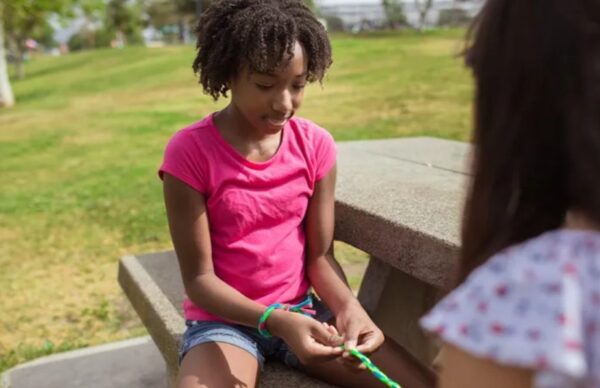Lifestyle
Is your child in a relationship? Here’s how to deal with it

Finding out your child is in a relationship can cause a range of feelings, including surprise, fear, and even curiosity.
While it is natural for parents to be protective, it is also essential that they handle the matter carefully.
How parents react has a big impact on their relationship with their child and the youngster’s future love experiences.
Here’s how to approach this touchy topic with wisdom and care.
1. Stay calm and avoid overreacting
The first instinct might be to panic or confront, but it’s very crucial to stay calm. Overreacting can push your child to hide their relationship, leading to secrecy.
If your teenager mentions their partner, avoid making immediate judgments like “You’re too young for this!” Instead, take a moment to process the information before responding.
2. Parents should give space for heart-to-heart communication
Encourage your child to share their feelings and experiences without fear of judgment. Let them know you’re approachable for guidance and support.
Use open-ended questions like, “What do you enjoy about this person?” or “How do they make you feel?” rather than interrogating them.
The study’s findings highlight the need of improving the quality of family communication and building the development of teenagers’ autonomy and future orientation in order to boost their life satisfaction.
3. Discuss boundaries and responsibilities
Relationships, particularly those formed during adolescence, may be both thrilling and complicated. It is important to discuss limits and duties with your child to ensure they are followed respectfully.
Instead of imposing strict rules, talk about topics like mutual respect, consent, and managing emotions. You can say, “Healthy relationships are built on respect and understanding. Do you feel this relationship is like that?”
4. What is bothering you? Is it your own expectations?
Parents have preconceived notions about when and how their child should enter relationships. Reflect on whether your concerns stem from genuine issues or personal biases.
If your child is dating someone from a different cultural background, assess whether your discomfort is about the individual or cultural differences. Then, focus on their happiness and well-being.
Avoid comparing their relationships to your own experiences; each generation deals with relationships differently.
5. Guide them, don’t control them
While setting limits is essential, micromanaging your child’s relationship can lead to rebellion. Offer guidance that empowers them to make informed decisions.
Share age-appropriate stories or examples of healthy and unhealthy relationships. You could say, “I once had a friend who felt ignored in their relationship, and it really affected them. How does your partner support you?”









